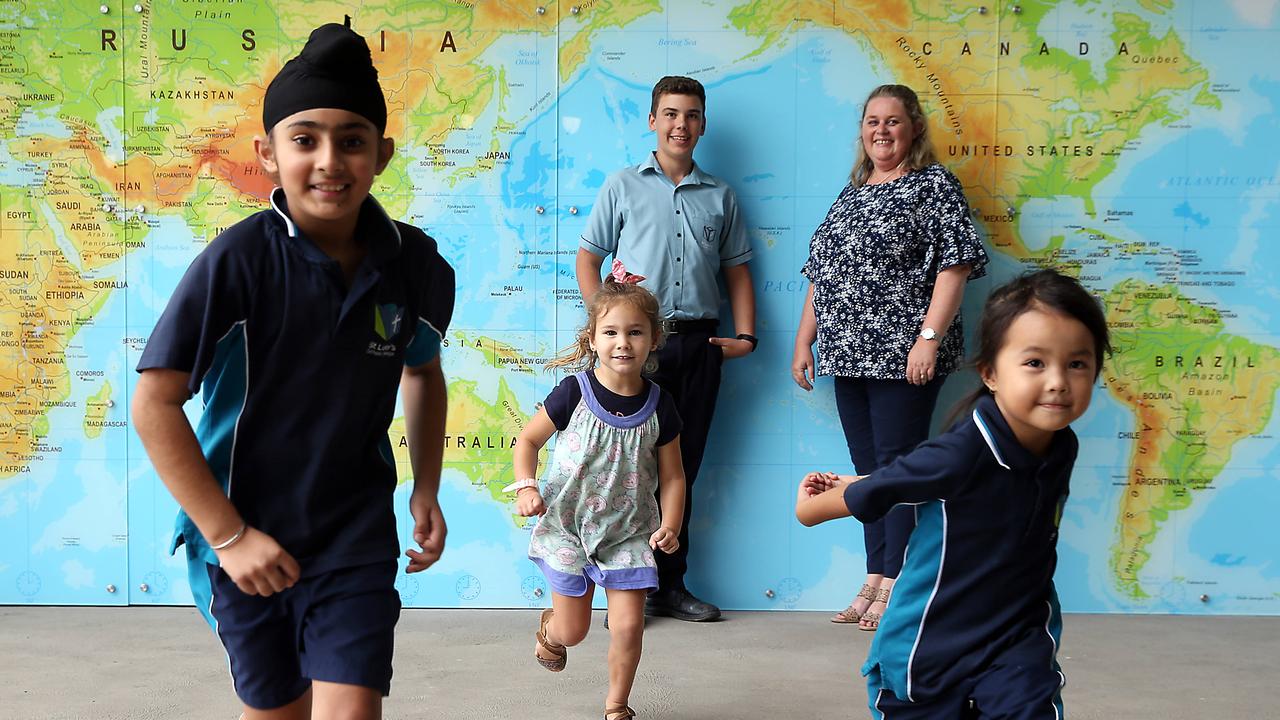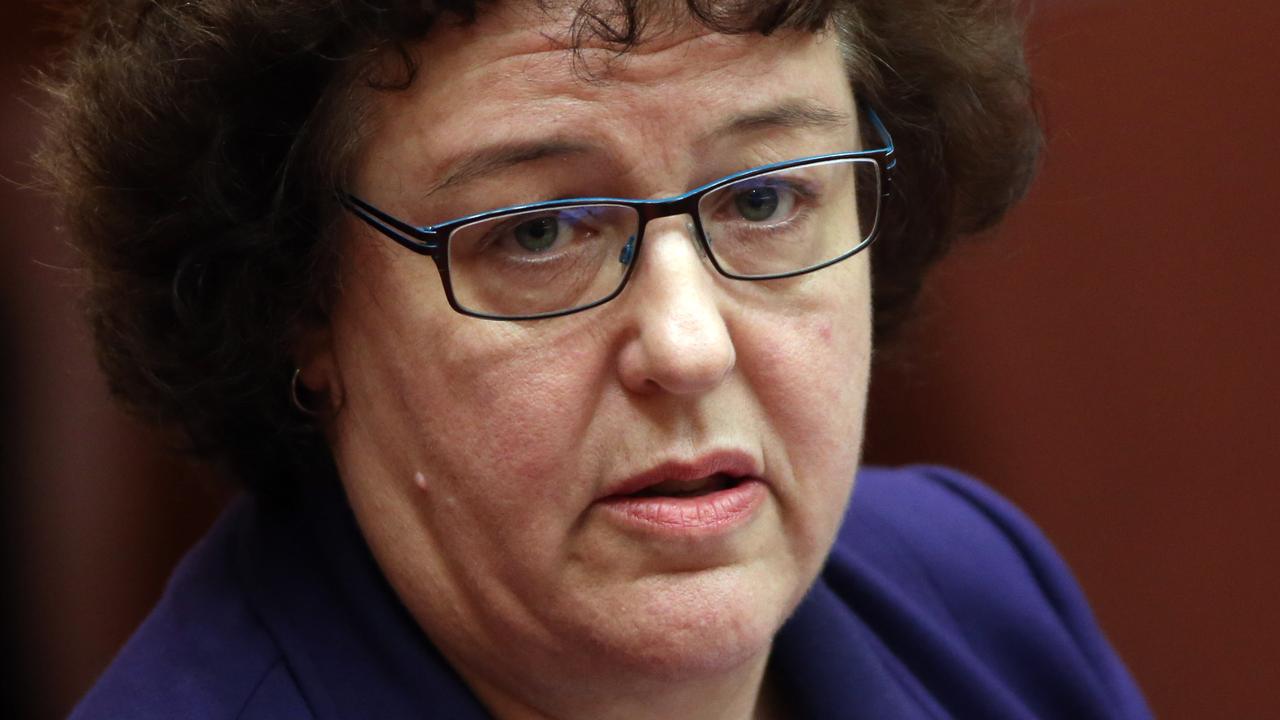Indigenous welfare trial's mixed results
A NEW report on a radical indigenous welfare trial finds that a relapse in absenteeism after the compliance period is commonplace.
A RADICAL trial that stops welfare payments to indigenous parents whose children consistently miss school is improving attendance rates, but a new report finds that a relapse after the compliance period is commonplace.
The government will today release results of its evaluation into the trial, which shows the School Enrolment and Attendance through Welfare Reform Measure (SEAM) is starting to have a positive impact on student attendance numbers in the Northern Territory and Queensland.
"However, these results are tempered somewhat by evidence suggesting that a relapse after the compliance period is common, with an associated increase in unauthorised absences," the report says.
It finds SEAM was successful in ensuring all children of school age involved in the trial were enrolled in school or an alternative education program in 2010. And in the Territory and Queensland, from 2009 to 2010, children participating in the SEAM trial improved their attendance rates more than other children in the same schools.
Overall attendance by SEAM students increased from 74.4 per cent to 79.9 per cent in the Territory and from 84.7 per cent to 88.7 per cent in Queensland.
Out of 4688 parents with the scheme, only 85 were suspended under the enrolment component of SEAM and seven under the attendance component.
Under the scheme, parents who do not respond to attempts to ensure their child is enrolled and attending school may have their income support payments suspended. The scheme has been trialled in communities covering 14 schools in the Territory and 30 schools in Queensland.
But the findings suggest awareness of SEAM among parents surveyed was relatively low, with 40 per cent of parents surveyed saying they had not heard about SEAM prior to interview.
Where students were referred to Centrelink over attendance issues, monitoring data shows that attendance improved by 11 per cent in the Territory and 55 per cent for Queensland.
Indigenous Affairs Minister Jenny Macklin said that since the government announced its intention to expand efforts to ensure children went to school, "we have had some very positive feedback from people in Aboriginal communities in the Northern Territory".
"In fact, some communities which are not currently slated to be part of the trial have requested that we consider expanding the initiative to include them," Ms Macklin said.


